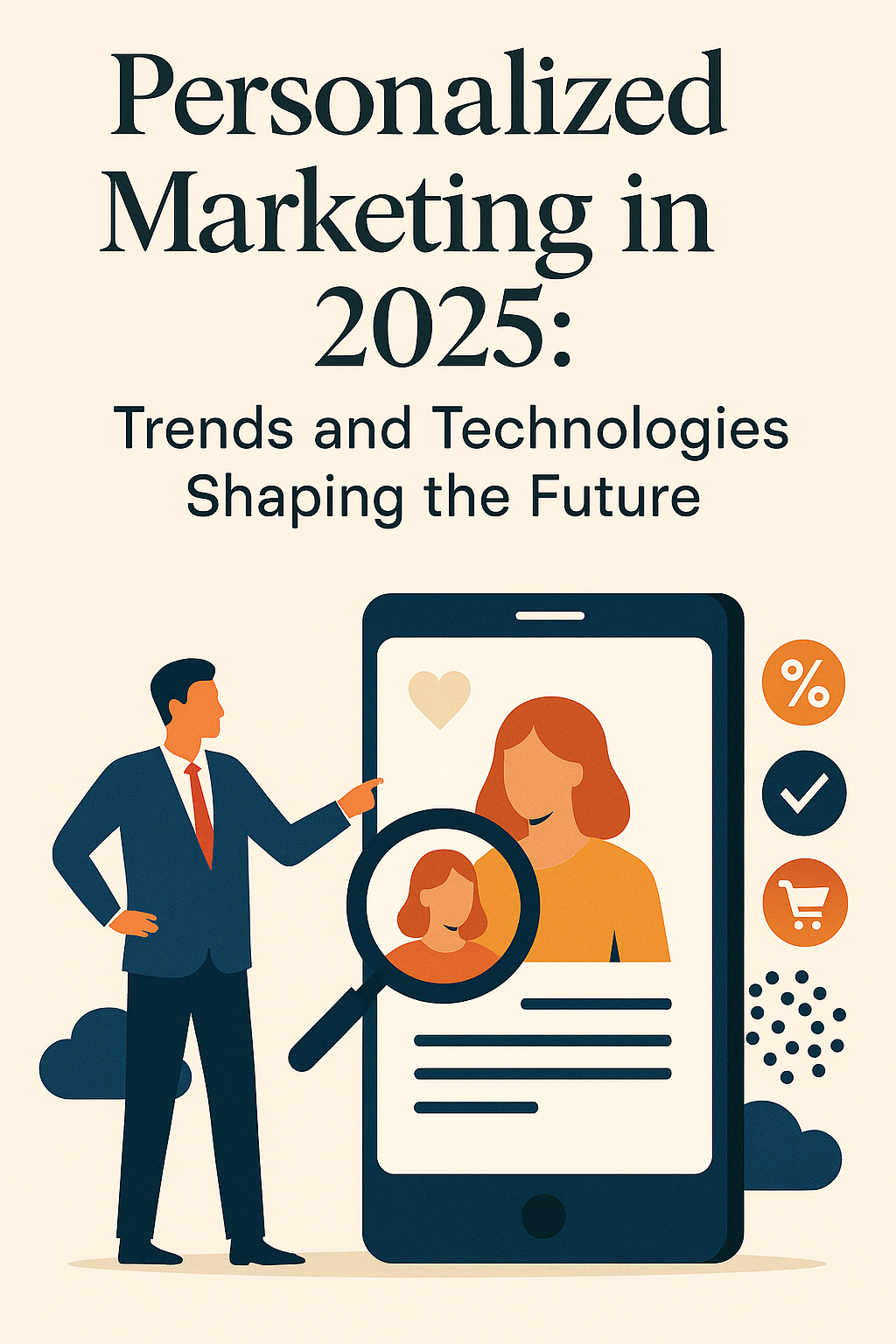In a digital world saturated with content and choices, personalization has evolved from a competitive advantage into a consumer expectation. As we step into 2025, brands must go beyond using first names in emails — it’s time to craft hyper-relevant, real-time experiences that meet individual needs and emotions.
Why Personalization Matters More Than Ever
Consumers today expect relevance. Generic ads and broad messaging simply won’t cut through the noise. With advancements in AI, machine learning, and behavioral analytics, brands have more data than ever to understand and anticipate user needs — and use that data ethically to deliver timely, meaningful interactions.
Key Drivers of Personalized Marketing in 2025
- AI-Powered Recommendations
Advanced algorithms are now capable of real-time content curation based on browsing behavior, purchase history, and contextual data — from product suggestions to dynamic website content. - Predictive Customer Journeys
Brands are mapping user behavior to forecast what action a consumer is most likely to take next — and serving tailored messages at each stage to support that path. - Hyper-Segmentation at Scale
Instead of broad demographics, segmentation is now based on micro-interests, psychological profiles, and even emotional states, enabling more precise targeting. - Omnichannel Personalization
Seamless integration across channels — from email to chatbots, mobile apps to in-store kiosks — ensures the user experience is consistently personalized wherever they engage with the brand. - Privacy-First Customization
With increasing privacy regulations, marketers must strike a balance: personalize without overstepping. Transparent data usage, consent-based interactions, and value-driven personalization are key to building trust.
How to Implement Personalization in 2025
- Invest in a Customer Data Platform (CDP) to unify data and create 360-degree customer profiles.
- Leverage AI tools for real-time content personalization and automated decision-making.
- Test and refine personalized experiences through A/B and multivariate testing.
- Build trust by being transparent about data usage and giving users control over their preferences.
- Focus on value — personalization should help the customer, not just serve the brand.
The Future is Individual
In 2025, personalization is not just about making the sale. It’s about creating meaningful, frictionless experiences that reflect who your customer is — and what they care about. Brands that succeed in personalization will build stronger loyalty, deeper engagement, and sustainable growth.


Leave a Reply